The devastating conflict in Sudan entered its sixth month on Sunday without showing any signs of peaceful resolution, creating one of the worst crises the country has ever faced.
The conflict began on April 15 when the Sudanese Armed Forces (SAF) and the paramilitary Rapid Support Forces (RSF) clashed in Sudan's capital Khartoum and other regions. The violence has killed thousands of civilians, displaced millions more, and destroyed much of the country's infrastructure, especially in Khartoum. It has also worsened Sudan's economic woes.
As the war dragged on, Sudanese politicians and international humanitarian organizations warned of more suffering and violence if no political solution was reached.
"If we fail to reach a political settlement to the current military conflict, Sudan will turn into a center and source of disasters in the world and the region," Siddiq Al-Mahdi, acting chairman of the Sudanese National Umma Party and a member of the Forces of Freedom and Change Alliance (FFC), a civilian political coalition in Sudan, said in a statement.
Yasir Arman, chairman of Sudan People's Liberation Movement - SPLM Democratic Revolutionary Current and an FFC leader, expressed his concern that both sides in the Sudanese conflict lack a clear strategy to manage the crisis and arrive at a political resolution.
"The SAF and the RSF will not accept each other's demands, and both will indulge in a search for more gains," Arman said, urging national, regional, and international actors to push for a lasting humanitarian ceasefire.
Arman urged a joint decision by the African Union, the Arab League, and the UN Security Council to implement a no-fly zone and halt attacks on residential areas, emphasizing the importance of addressing humanitarian concerns and protecting civilians.
The UN mission in Sudan said on X platform that about 5.6 million people have been displaced inside and outside Sudan since the start of the conflict. It said humanitarian partners have reached about 3.6 million people with life-saving assistance, but noted that the revised 2023 Sudan Humanitarian Response Plan was only 33.5 percent funded.
The war has also disrupted vital sectors such as education, as schools and universities have been closed.
Also on Sunday, the United Nations Children's Fund (UNICEF) said on the X platform that "six months into the Sudan crisis, UNICEF fears disruption of basic services can cost the future of 24 million children."
It said there were 19 million children in Sudan who did not have access to education, while 14 million others did not have access to basic services.
"Sudan is on the brink of becoming home to the worst education crisis in the world," said Mandeep O'Brien, UNICEF country representative in Sudan.
"Now, forced away from their classrooms, teachers, and friends, they are at risk of falling into a void that will threaten the future of an entire generation," she said.
At the economic level, the war has caused severe shortages in food supplies and a spike in prices of essential goods.
The Food and Agriculture Organization of the United Nations (FAO) said in a statement that the six-month-long hostilities in Sudan threatened food security across the country.
The World Bank said in its latest report that economic activity in Sudan was expected to contract by 12 percent because of the internal conflict which was halting production, destroying human capital, and crippling state capacity.
Unofficial reports indicate that more than 400 facilities in Khartoum in the food, pharmaceutical, and various other industries went out of service due to extensive damage caused by the conflict.
Production and agricultural projects throughout the country have also suffered due to a lack of funding and administrative instability.
-XINHUA






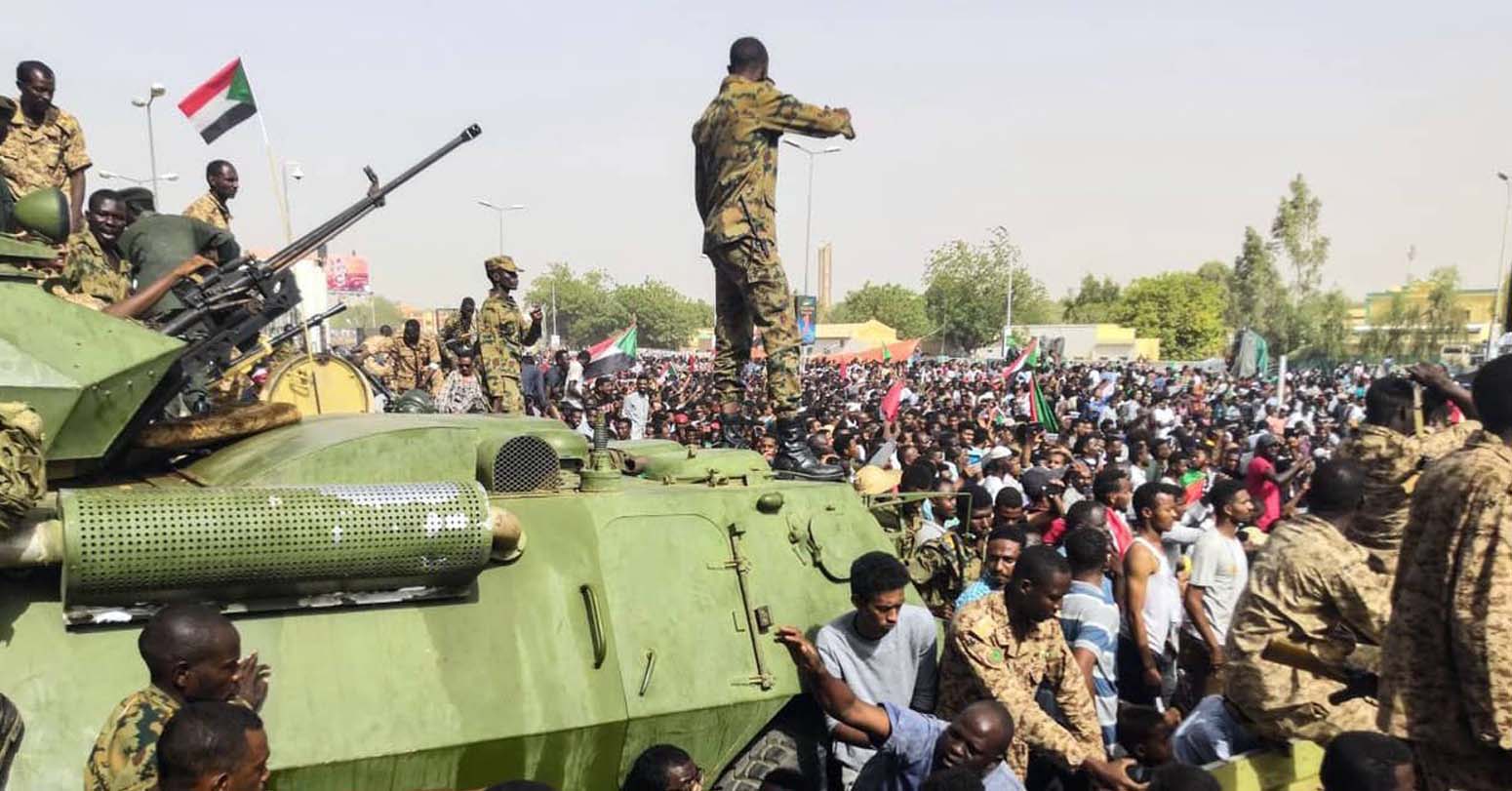
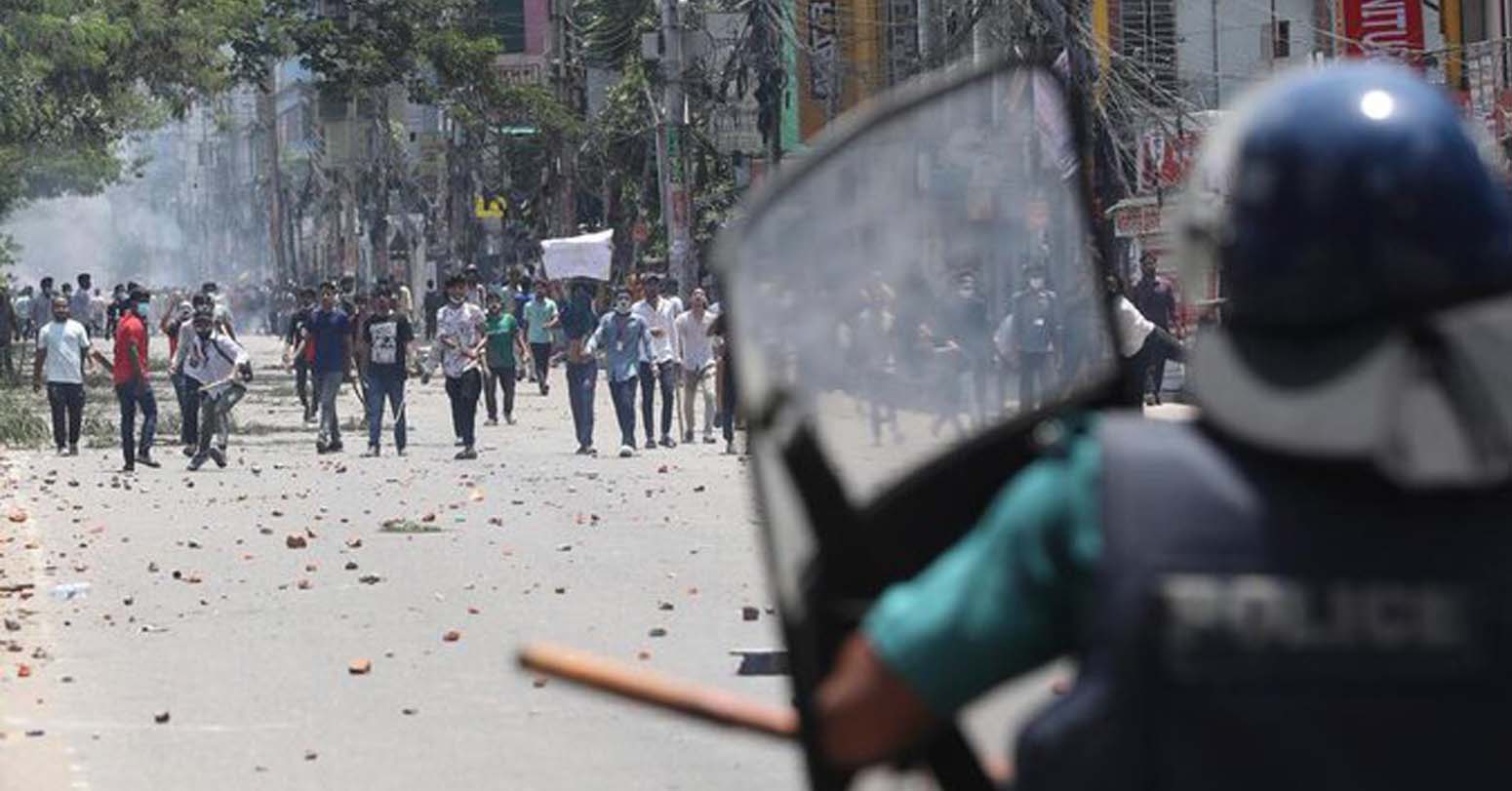
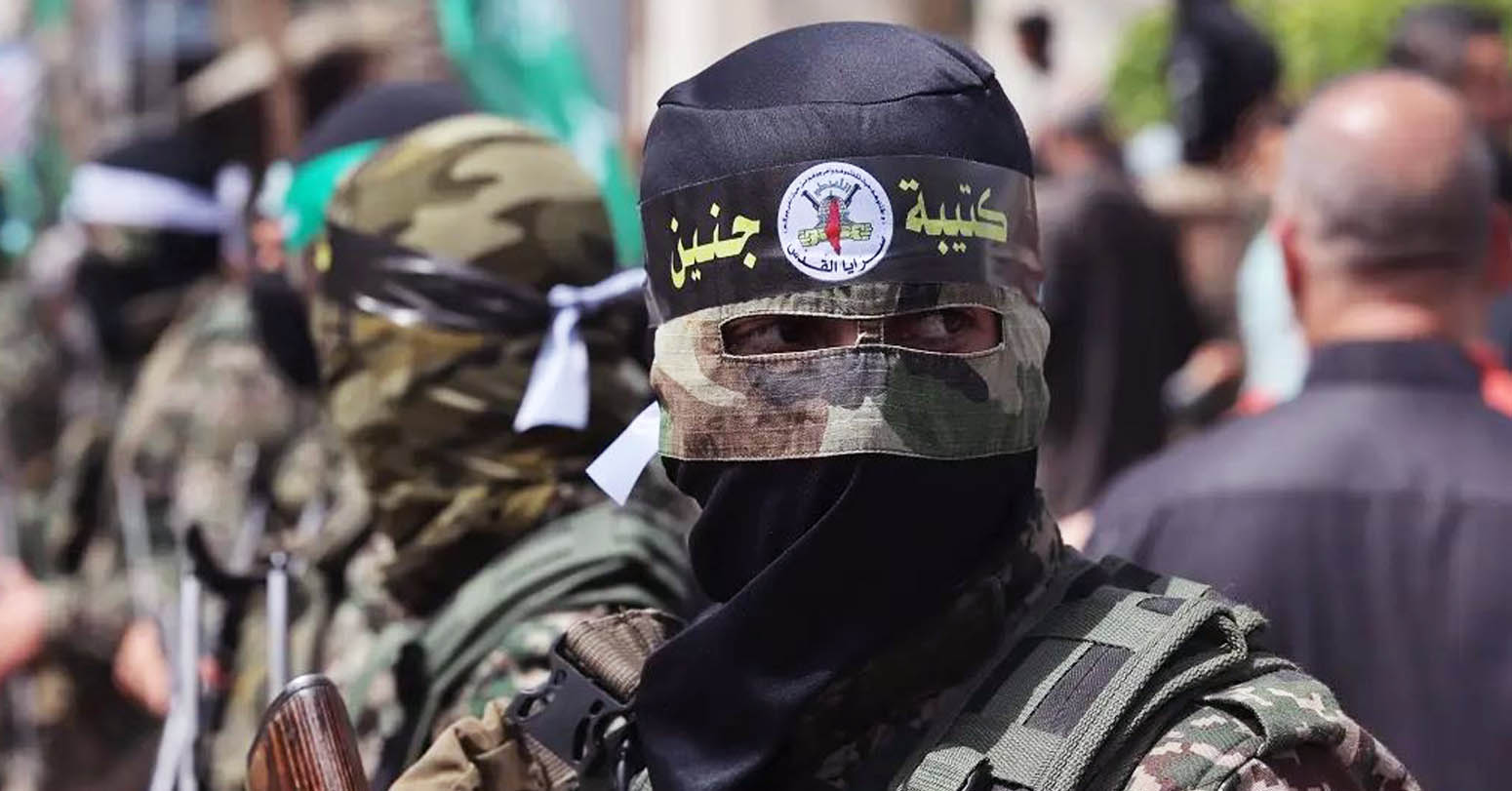

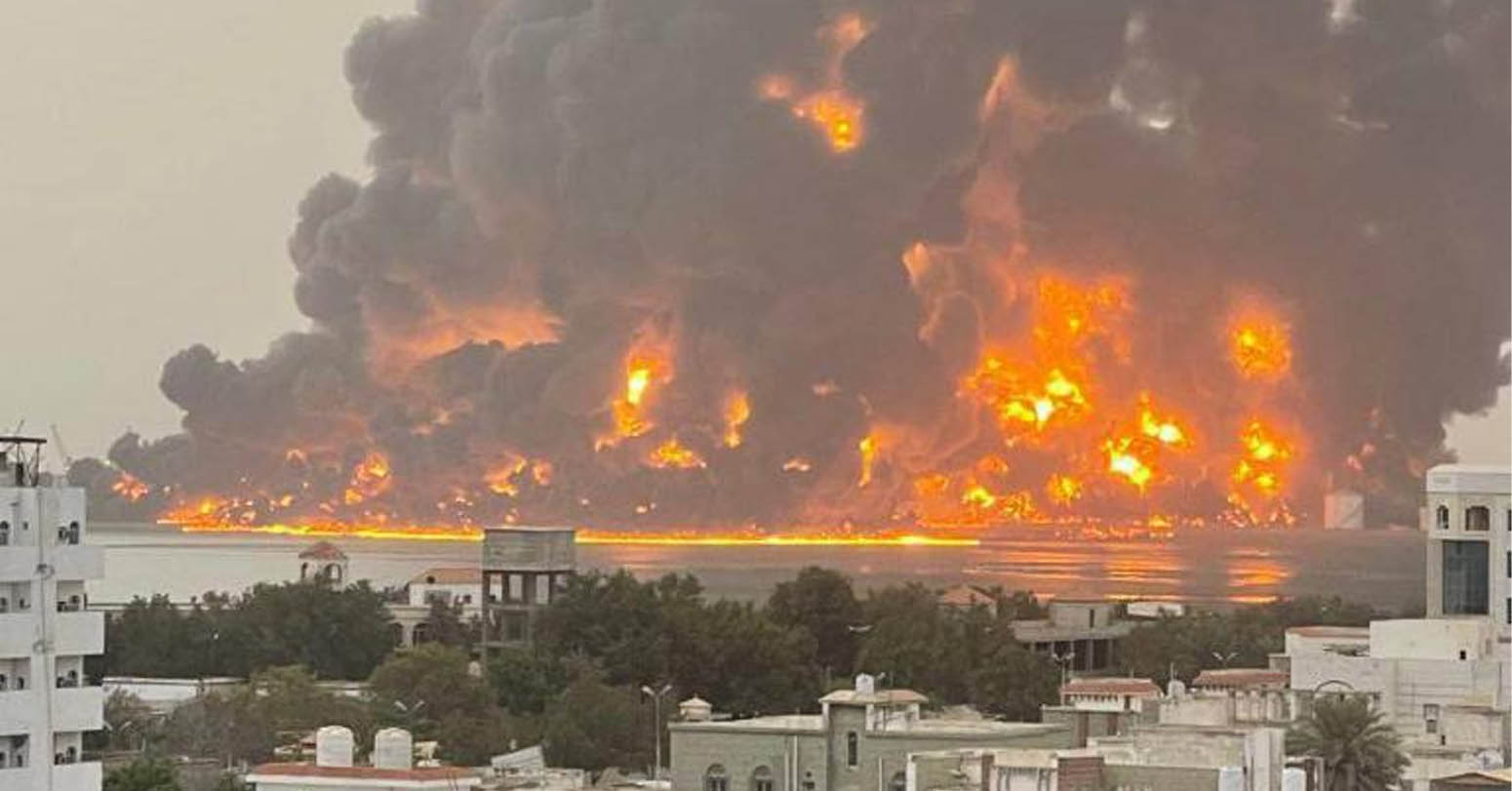


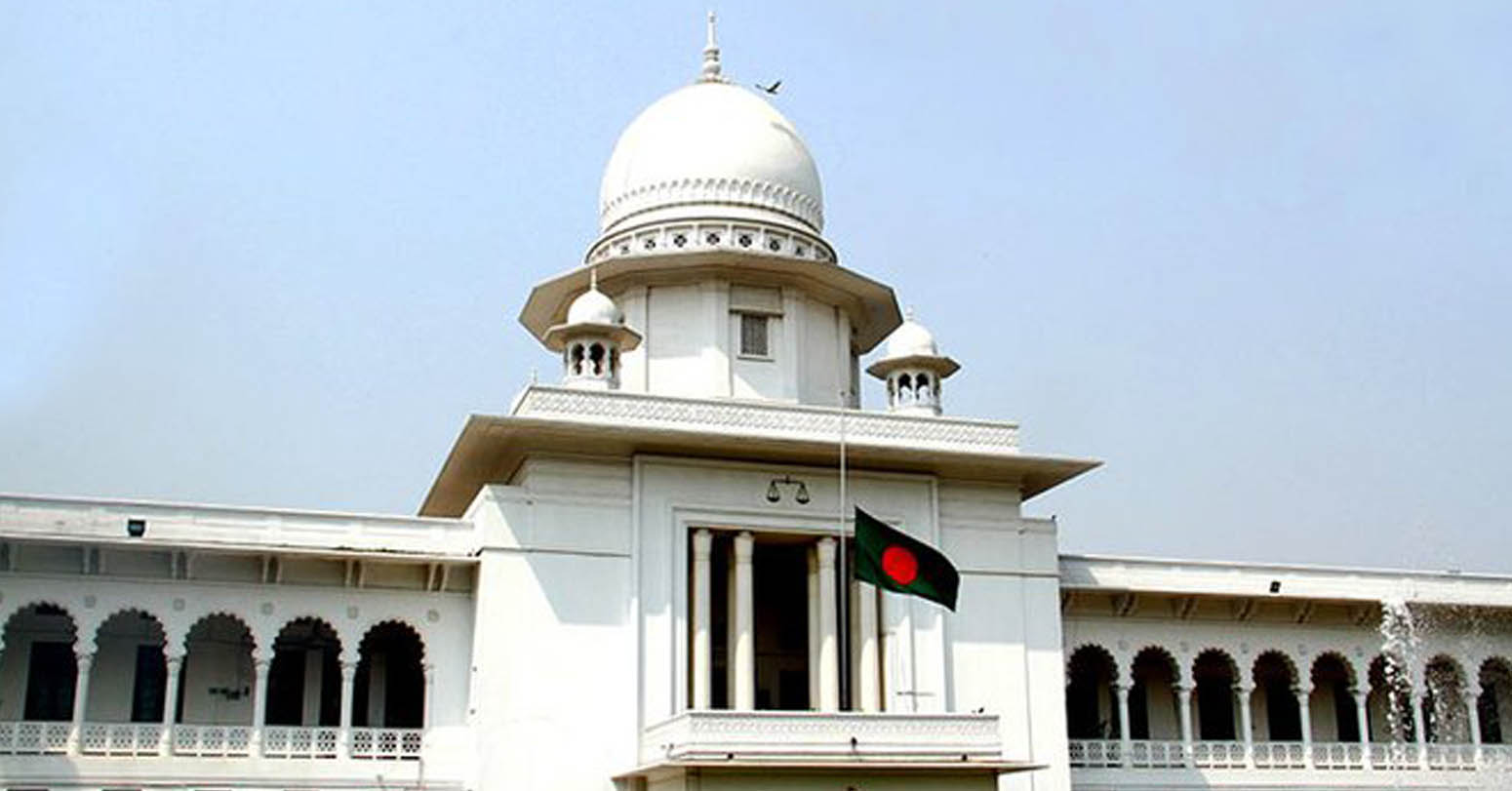
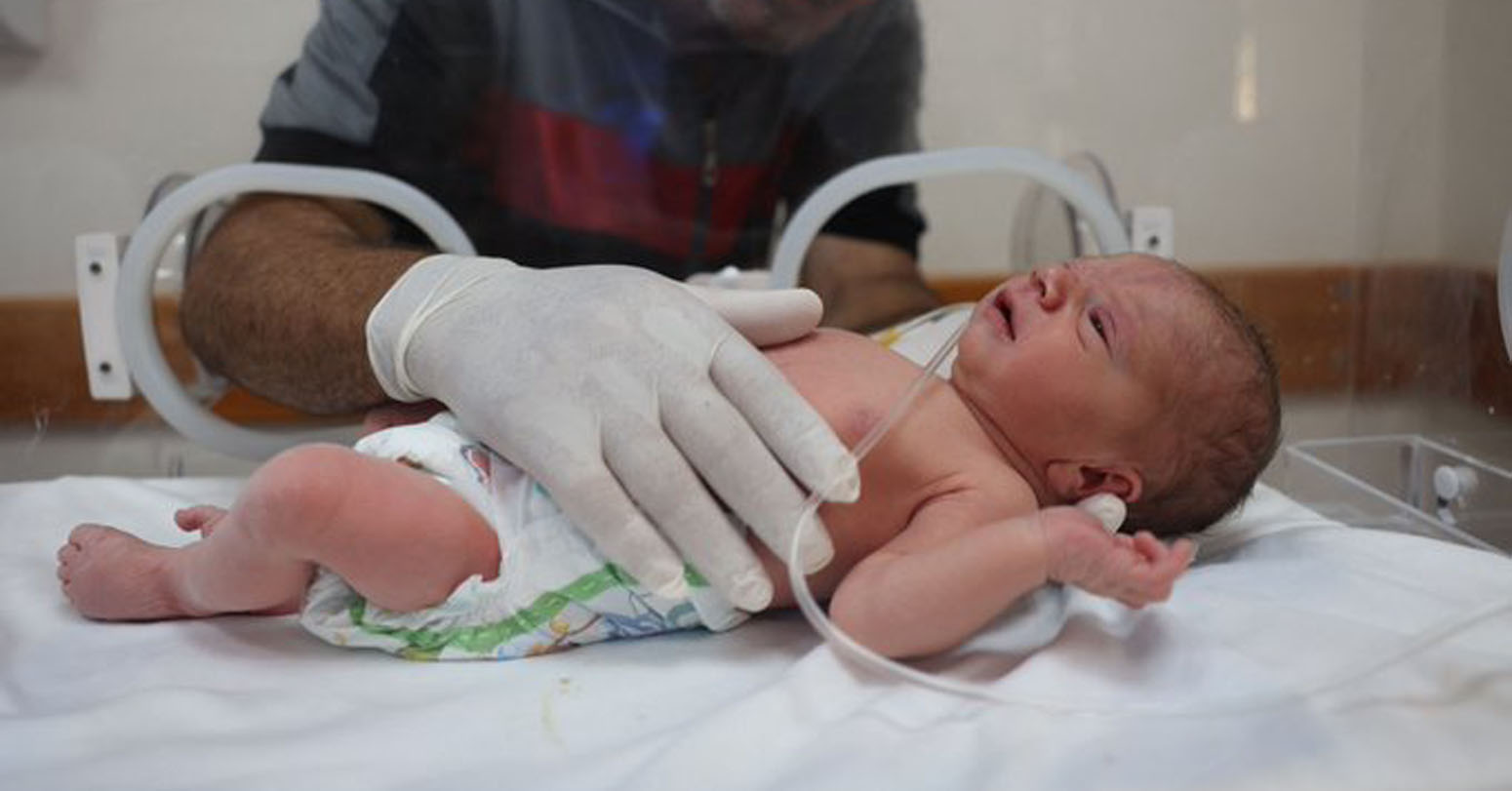
Comprehensive Data Protection Law Critically
Gender Differences In Mental Healthcare
Messi Wins Best FIFA Men’s
Erosion of Democracy
Fly Dubai Catches Fire in
“Complexities of the South Asian